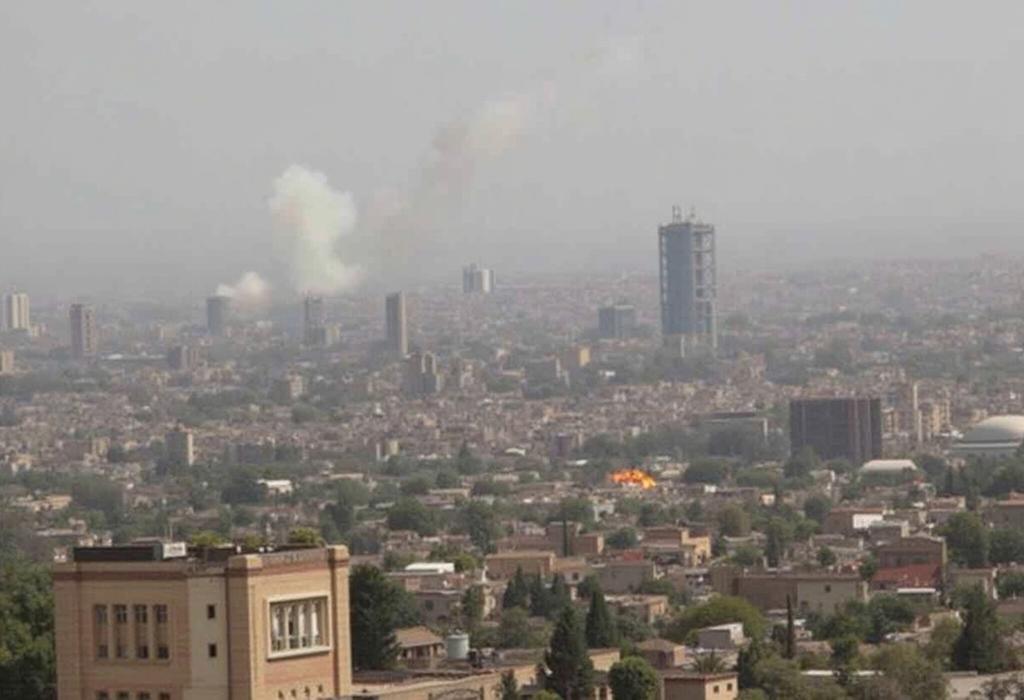Early Friday, Israel's air force launched a strike near Syria’s presidential palace, reportedly in response to tensions following clashes between government forces and fighters from the Druze minority sect near Damascus. The strikes coincided with heightened conflicts involving Turkish-affiliated Syrian militias. Israeli officials described these military actions as a necessary enforcement of regional stability, emphasizing that they would not tolerate any threats posed to the Druze community, which has been under duress from recent military engagements.
Reports indicate that Israeli jets targeted multiple sites linked with pro-Turkish militias as Turkey and Israel navigate increasing tensions over regional influence. Concurrently, Turkish F-16s conducted reconnaissance flights over the area, allegedly emitting warning signals to Israeli aircraft, signaling a complex aerial standoff. The Turkish and Israeli military actions reflect a burgeoning intersection of interests in the Syrian theater, applying pressure on an already volatile regional security environment.
Syria's presidency denounced the Israeli attacks as a 'dangerous escalation' that undermines national sovereignty and stability, urging the international community to recognize these incursions as violations of their territorial integrity. The Druze community publicly declared their allegiance to Syria, resisting calls for autonomy amidst governmental frailty and the resurgence of Islamist factions within the country.
The clashes, which have reportedly resulted in dozens of fatalities, are believed to have been triggered by a controversial audio clip that circulated online, igniting tensions between Sunni and Druze communities. These events underscore the fragility of Syrian identity amid sectarian rifts and external pressures from both Israel and Turkey, who are looking to assert their influence amidst the ongoing civil strife and the evolving political landscape.
The implications of these strikes could reverberate for both Israel and Turkey, as they grapple with their respective foreign policies towards Syria, and address internal pressures for stability and security.
As news continues to emerge regarding these developments, one must remain vigilant about the outcomes they imply, particularly for the civilian populations embroiled in this conflict-laden landscape.
AD
AD
AD
AD
Bias Analysis
Bias Score:
75/100
Neutral
Biased
This news has been analyzed from 22 different sources.
Bias Assessment: The reporting reflects a moderate to high level of bias, primarily due to its reliance on official sources and dramatic language surrounding military actions, which can stir emotional responses. The reports from Syrian state media versus Israeli military statements highlight differing narratives that may shape public perception. This discrepancy contributes to a narrative where readers can walk away with a one-sided view of the conflict without the broader geopolitical context, engaging in the dramatization of national security crises and minority solidarity.
Key Questions About This Article




